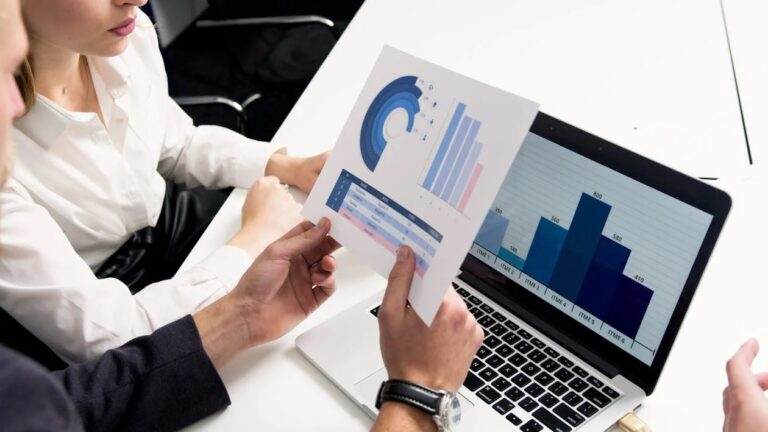As pressure to spend mounts, more and more people are going into voluntary debt to sustain an unrealistic lifestyle. Sadly, the abuse of credit cards is often a precursor for future financial difficulties. Like an anchor, mounting credit card debt weighs one down and can prevent a person from moving forward in life. For many people, debt feels ‘free’ when they’re swiping their card as opposed to paying with cash, with research showing that consumers spend almost twice as much when using a credit card. But there is a price you pay for the debt you create.
Quite the opposite of being ‘free’ money, credit card debt is expensive because it includes interest, service costs and initiation fees, as well as penalties for non-payment, which can sink you deeper into debt. Over and above mounting financial problems, debt can lead to stress, hypertension, depression, migraines, ulcers, heart attacks and even suicide. From the perspective of human relationships, debt can create a lack of security for your partner and children which in turn can lead to family in-fighting, broken relationships and even divorce.
Many consumers stuck in a cycle of debt, take out a second credit card to pay off the debt of the first credit card, entrenching themselves deeper into the debt trap. Besides for the fact that multiple credit cards make it more difficult to track your spending and repayments, it also demonstrates irresponsible use of credit cards which can detrimentally affect your credit score. If you fail to make your credit card payments on time, your bank can report you to the credit bureaus which in turn can negatively impact your credit score. A poor credit score can affect your ability to secure a home loan should you wish to purchase a property in the future and may hamper your efforts to move forward in life.
What’s worse, irresponsible credit card usage and mounting personal debt can also affect your career, especially if you need to borrow from your employer or if creditors regularly contact your place of work in attempts to secure payment from you. Research also shows that abuse of credit cards plays a significant role in consumer bankruptcy.
However, that there are significant benefits to having a credit card – but only if it is used responsibly. Credit cards are useful in that they can be used almost anywhere in the world and are great for overseas travel. They can be used to facilitate phone or online purchases, and to pay for high cost, unexpected expenses. Many loyalty programmes offer rewards, points and/or discounts for using your credit card, which in turn can be converted into other benefits such as travel miles. Responsible use of a credit card also allows you to build up a good credit history which will serve you well later in life. To ensure that you are using your credit card responsibly and optimising the benefits of such a facility consider the following:
- At the end of the month, try and pay the full amount owing on your card. If this is not possible, ensure that you at least pay more than the minimum amount owing. Paying the minimum amount every month is the most expensive option because it will cost you the most in interest. The higher the interest on your facility, the more you’ll pay. The longer you take to pay, the higher your debt load will be.
- Avoid using your credit card to fund irresponsible spending such as gambling or betting.
- Do not use your credit card to incur lifestyle debt as this is not sustainable.
- Avoid using your credit card to pay off debt. Instead, assess your financial situation and make changes to your budget.
- Do not use your card to pay for things that are not in your budget.
- If possible, do not use your credit card to pay for studies especially as study loans are available at more favourable interest rates.
- Avoid using your credit card to pay for something that you could have saved up and paid cash for.
- Understand the different types of balances on your credit cards and the interest that applies.
- Set a spending limit on your credit card and ensure you don’t exceed it.
If you find yourself with drowning in credit card debt, the first step in the process is to free up some monthly income to start paying back your debt. This will involve making short-term sacrifices for a longer-term gain. It may require that you cancel your DSTV, Netflix or Apple Music subscriptions for a period of time so that you can re-direct the money towards settling your debt. Bear in mind that, while you are servicing high interest, unsecured debt, it is almost impossible to start saving, build an emergency fund and invest for the long-term.
The second step is to find a debt reduction calculator that works for you, with there being plenty available online which allow you to employ various debt reduction strategies. On the one hand, some experts advocate the Avalanche approach which involves paying off the debt with the highest interest first. It may take longer to see your first loan completely paid off, but it is the cheapest way of eliminating debt. The best way to tackle this is to rank your debt from the highest to lowest interest and start tackling the most expensive debt first. This will result in you emerging from your debt sooner and paying the least amount of interest possible.
On the other hand, researchers for the Harvard Business Review found that the Snowball approach was a more effective debt reduction strategy. This method involves paying off the lowest balances first in order to give you some ‘quick wins’ early on in your debt reduction plan. Paying off one small debt quickly will give you some momentum early on that may keep you encouraged and motivated. The main benefit of this approach is the psychological effect of seeing a number of small debts being paid off early on. The downside is that this method may end up being more expensive as you are not necessarily paying off your most expensive debt first.
Getting out of debt takes hard work, sacrifice and self-discipline, but it can be done and it begins with taking the first step.
Have a fabulous Friday!
Sue








